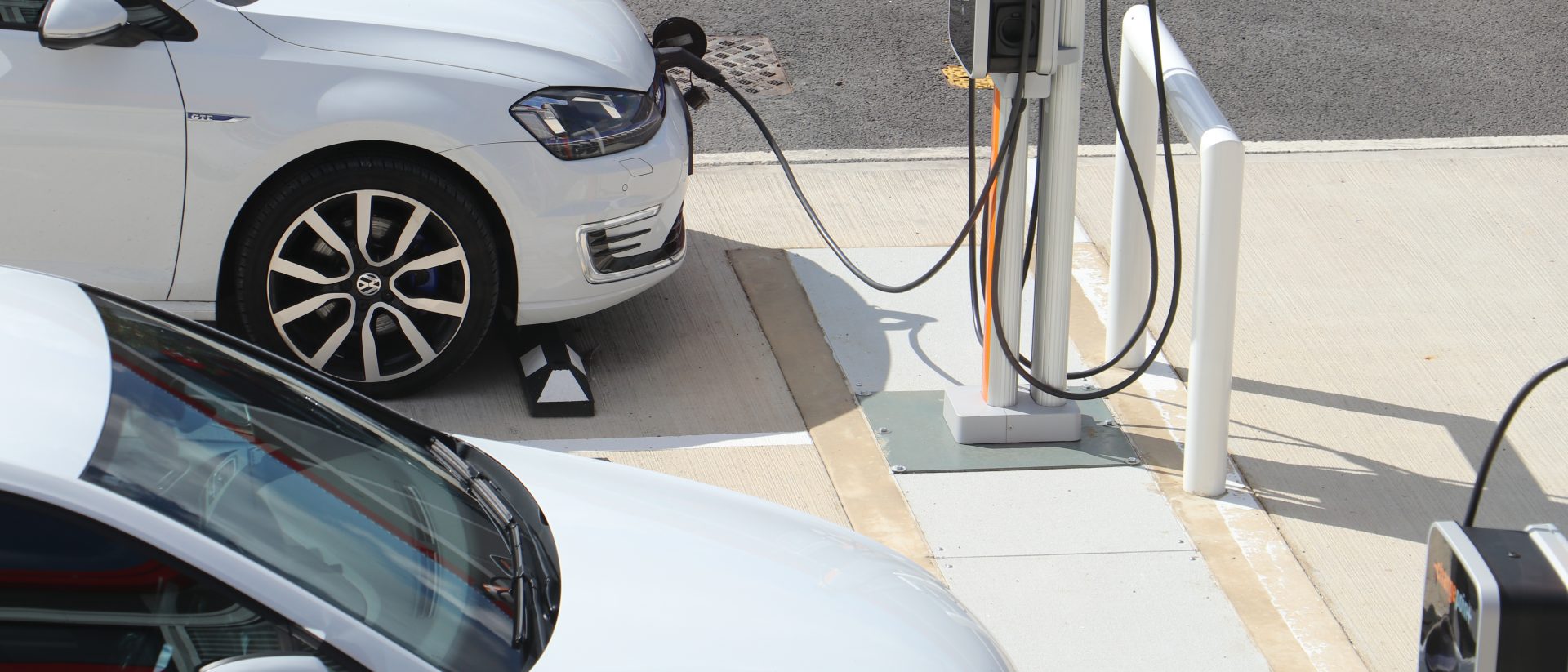- REA welcome long-term ambitions for electric vehicles within the government’s Transport Decarbonisation Plan (TDP);
- However, strategy not adequately supported by policies which could have an immediate impact;
- A ZEV Mandate consultation features in the TDP, but the REA say that the absence of bolder targets may mean that ending the sale of petrol and diesel cars by 2030 may not be achieved, and similar measures may be needed for other sectors like HGVs;
- Need to provide reliable EV charging infrastructure critical – outcomes of the Smart Charging Consultation also revealed;
- REA have responded to the ‘fuel’ elements of the TDP and the publication of the RTFO consultation response separately.
The Association for Renewable Energy and Clean Technology (REA) have welcomed the government’s long-term ambitions outlined in the Transport Decarbonisation Plan (TDP). However, the REA says that, while the targets represent a positive statement, there remains a shortage of actions needed to meet those targets.
While the Zero Emission Vehicle (ZEV) Mandate consultation featured in the TDP, the REA believes that the absence of bolder targets may mean that ending the sale of petrol and diesel cars by 2030 may not be achieved. Missing clarity regarding road user charges also brought disappointment, with the REA saying that the transition to zero-emission vehicles could be restricted if a long-term strategy is not outlined.
The REA have also highlighted the need for reliable EV charging infrastructure to be widely accessible across the country if electric vehicles are to be a viable option for all UK residents and businesses.
Separately, the REA has warmly received the long-awaited outcome of the government’s consultation requirements for smart EV charging in domestic and workplace settings. This position, the bodies agree, can be delivered by the industry with the mooted regulations contributing to reducing negative impacts on local energy networks.
The REA have responded to the ‘fuel’ elements of the TDP and the publication of the RTFO consultation response separately.
Jacob Roberts, Transport Policy Manager at the Association for Renewable Energy and Clean Technology (REA), said: “We welcome the government’s commitment to run an open consultation on a potential ZEV Mandate for automotive manufacturers. However, we are disappointed that the government has missed an opportunity to set out a more ambitious position, in line with its wider goal to end the new sale of petrol and diesel cars by 2030.
“Without bold, legally-binding targets for the automotive sector to bring zero-emissions vehicles to market, the government’s desire to end the sale of petrol and diesel cars by 2030 may not be achieved.
“It is also important to highlight that, if electric vehicles are to be a viable option for all UK residents and businesses, it is vital that reliable EV charging infrastructure is widely accessible across the country. Whilst the TDP has not announced any new measures to this effect, we continue to welcome the government’s commitment of £1.3bn of funding, targeted towards overcoming market failures that are blocking private sector investment in public and private EV charging infrastructure projects.”
—ENDS—
For more information or to request an interview, please contact:
Jack Abbott, PR and Communications Manager,
07862 038370/ jabbott@r-e-a.net
Notes to editors:
The Transport Decarbonisation Plan can be read here in full: https://assets.publishing.service.gov.uk/government/uploads/system/uploads/attachment_data/file/1002285/decarbonising-transport-a-better-greener-britain.pdf
About the Association for Renewable Energy and Clean Technology (REA):
The Association for Renewable Energy and Clean Technology (known as the REA) is the UK’s largest trade association for renewable energy and clean technologies with around 550 members operating across heat, transport, power and the Circular Economy. The REA is a not-for-profit organisation representing fourteen sectors, ranging from biogas and renewable fuels to solar and electric vehicle charging. Membership ranges from major multinationals to sole traders.
For more information, visit: www.r-e-a.net

